25 Great Books Butchered By Hollywood’s Terrible Movie Adaptations
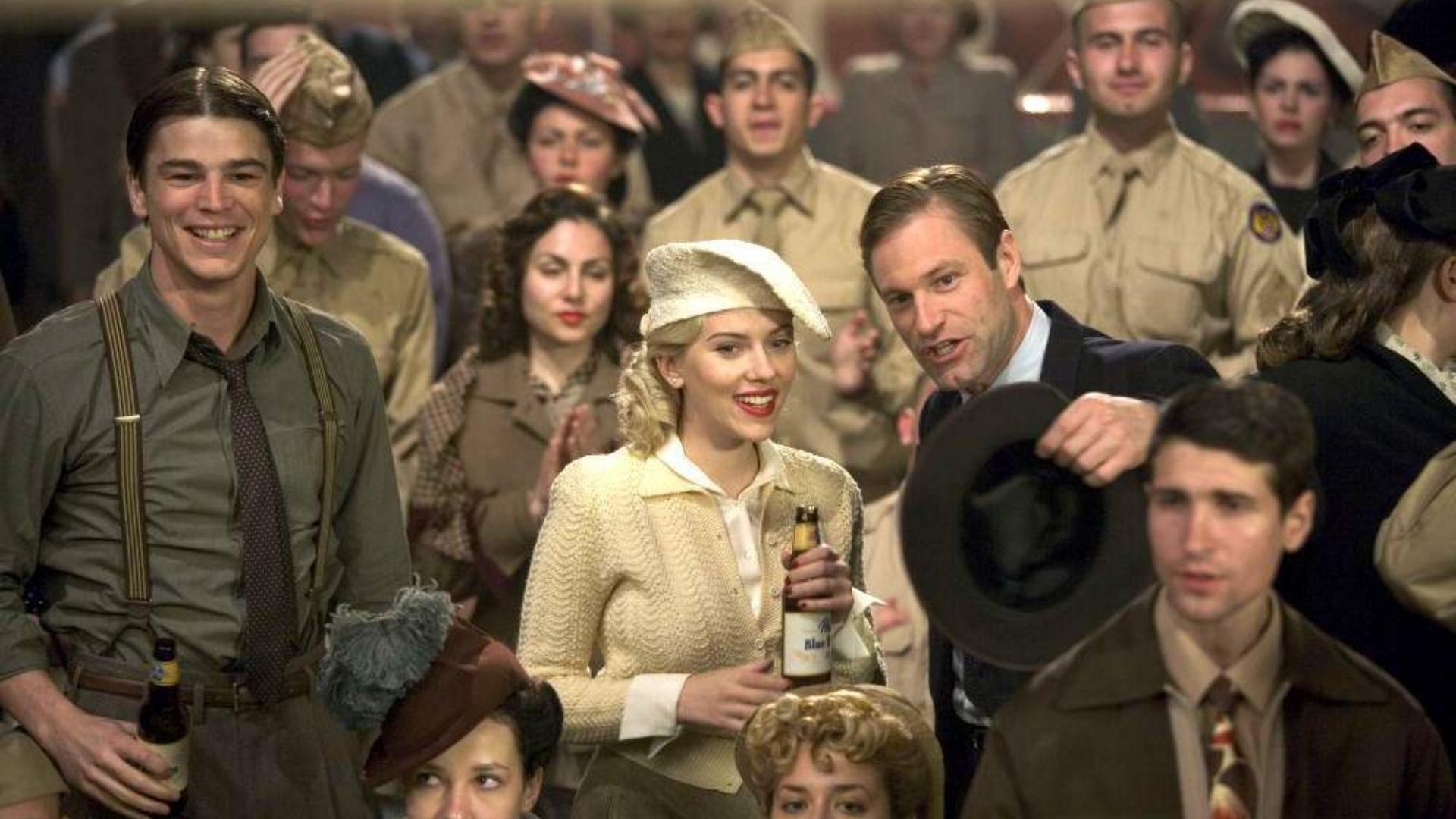
The Black Dahlia
James Ellroy’s scorched-earth noir is all menace and moral rot; Brian De Palma’s take is mood lighting in search of a heartbeat. The Black Dahlia stacks the deck with A-listers and slinky period style, then fumbles the ball with a plot that unravels like a badly tied corset. The infamous murder should haunt every frame, but the film keeps drifting into glossy melodrama and overcooked twists.
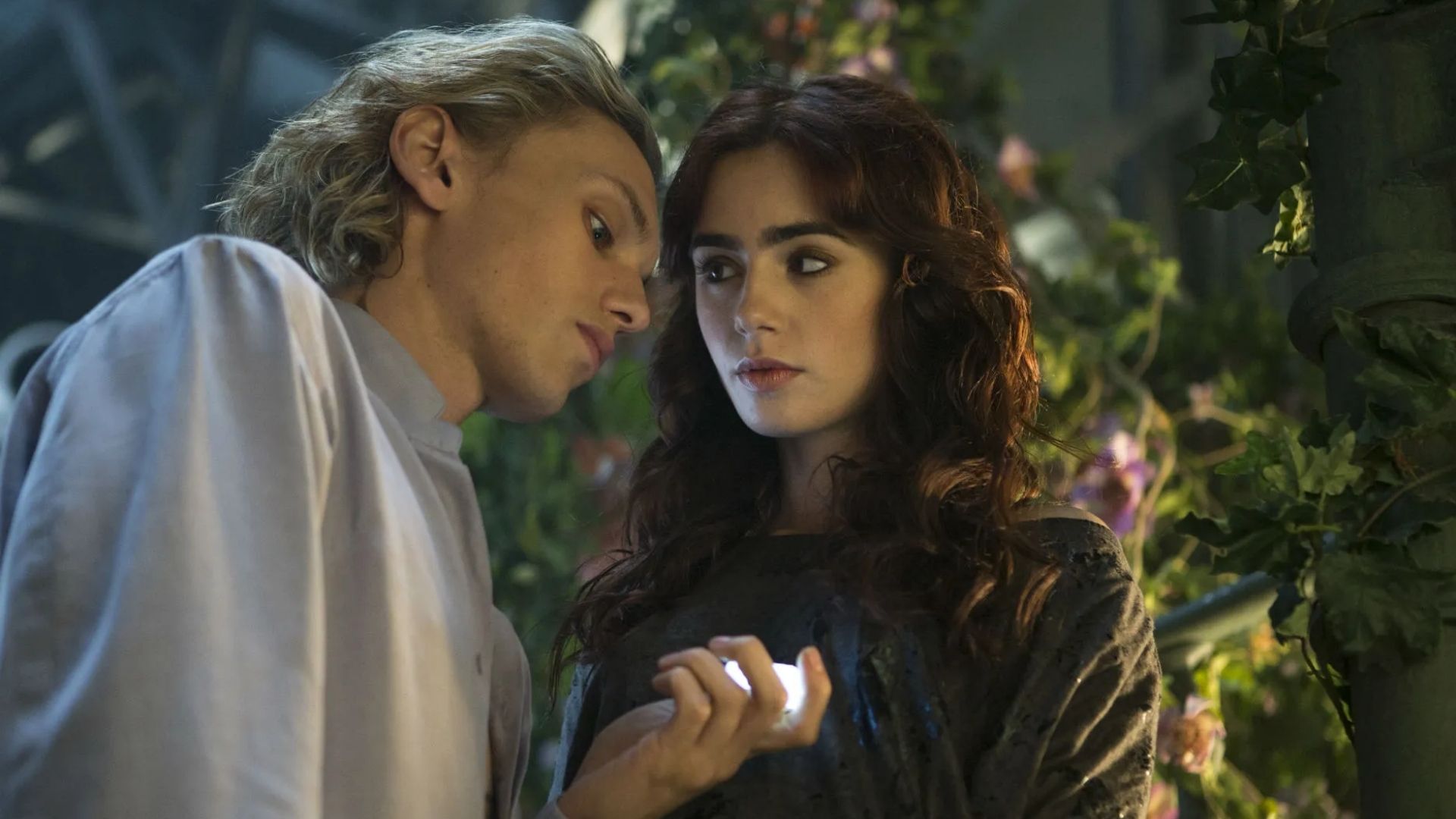
The Mortal Instruments: City of Bones
Cassandra Clare’s City of Bones was edgy, witty, and soaked in gothic teen energy. The movie was a confusing, overproduced mess. It sped through world-building, tossed in a forced romance, and added a Hollywood-style finale that felt more Marvel than Shadowhunter. Characters like Magnus Bane got sidelined, while Clary and Jace’s chemistry fizzled.
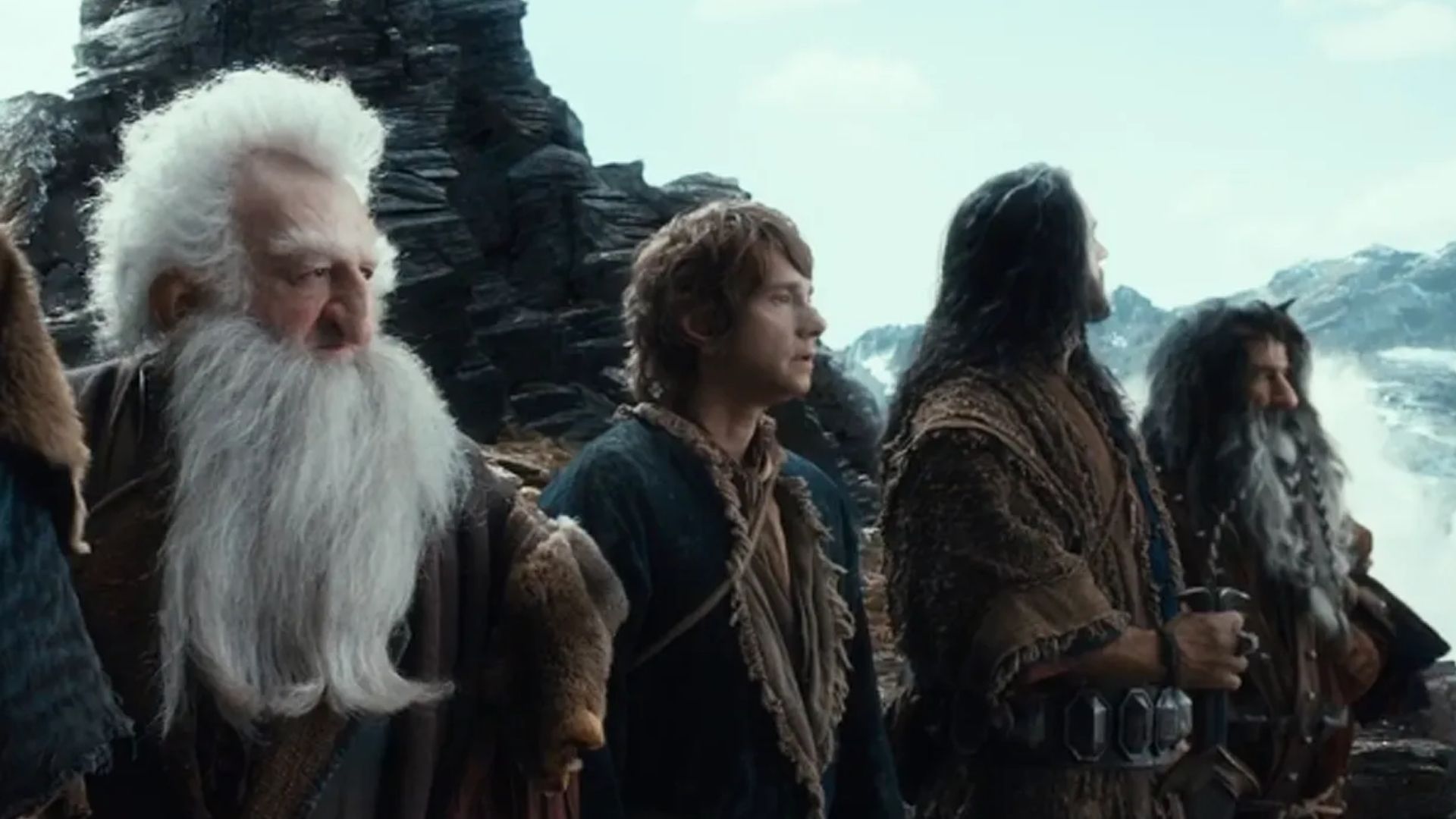
The Hobbit
One slim, delightful novel. Three bloated, CGI-stuffed blockbusters. Somehow, Hollywood managed to turn Tolkien’s charming tale into a marathon of meaningless subplots and elf love triangles no one asked for. Instead of Bilbo’s personal journey, we got endless battle scenes that looked like video game cutscenes. The quiet magic, like Bilbo’s riddle duel with Gollum, drowned in spectacle.
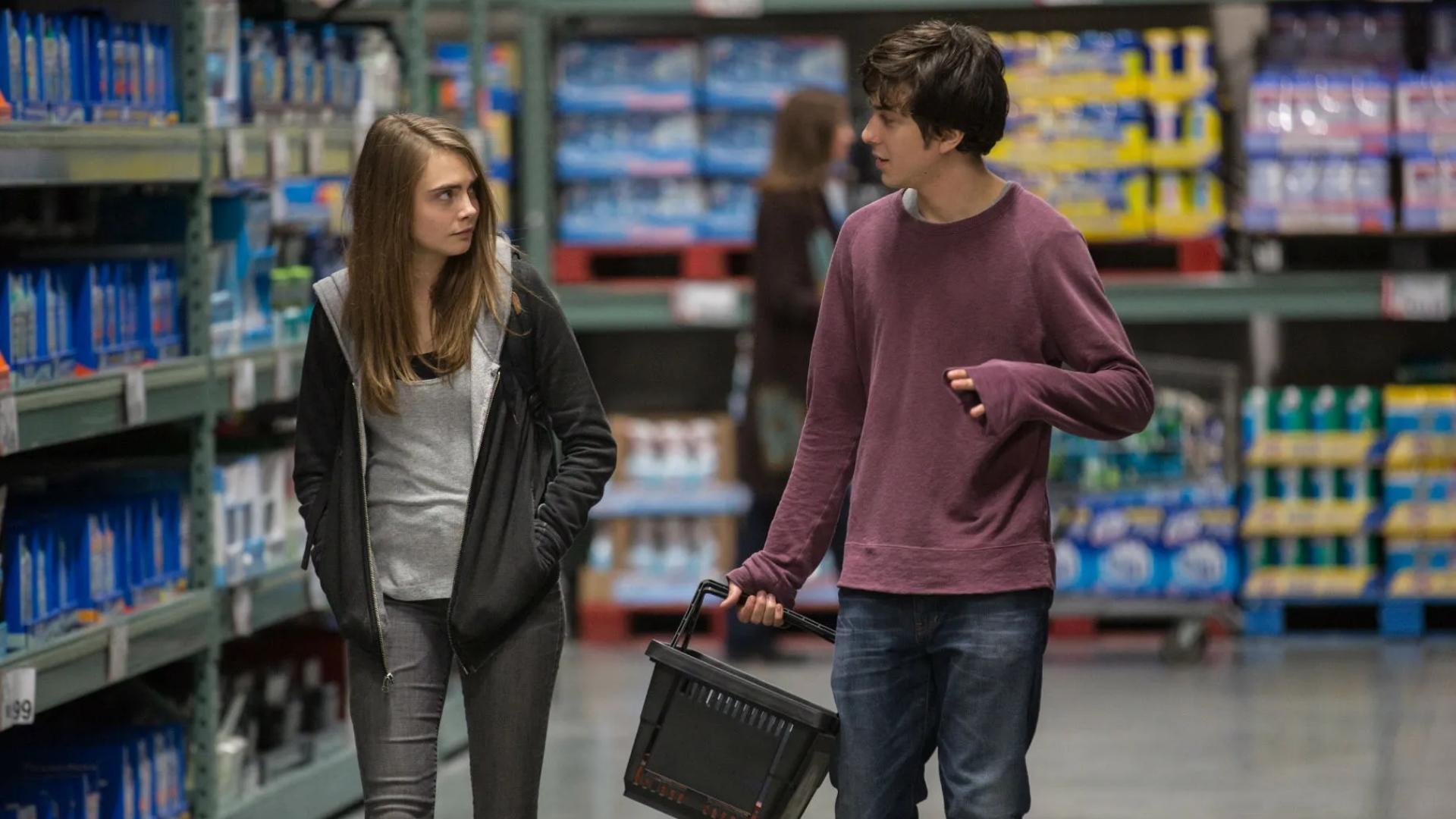
Paper Towns
John Green’s novel pokes fun at the “manic pixie dream girl” myth while letting teen feelings breathe. The film adaptation nods at that critique, then quietly reenacts the trope with a road-trip playlist. Nat Wolff is charming, the friend group has its moments, but the movie trims away the book’s sharper edges and awkward truths, replacing them with soft-focus epiphanies and prom-night wish fulfillment.
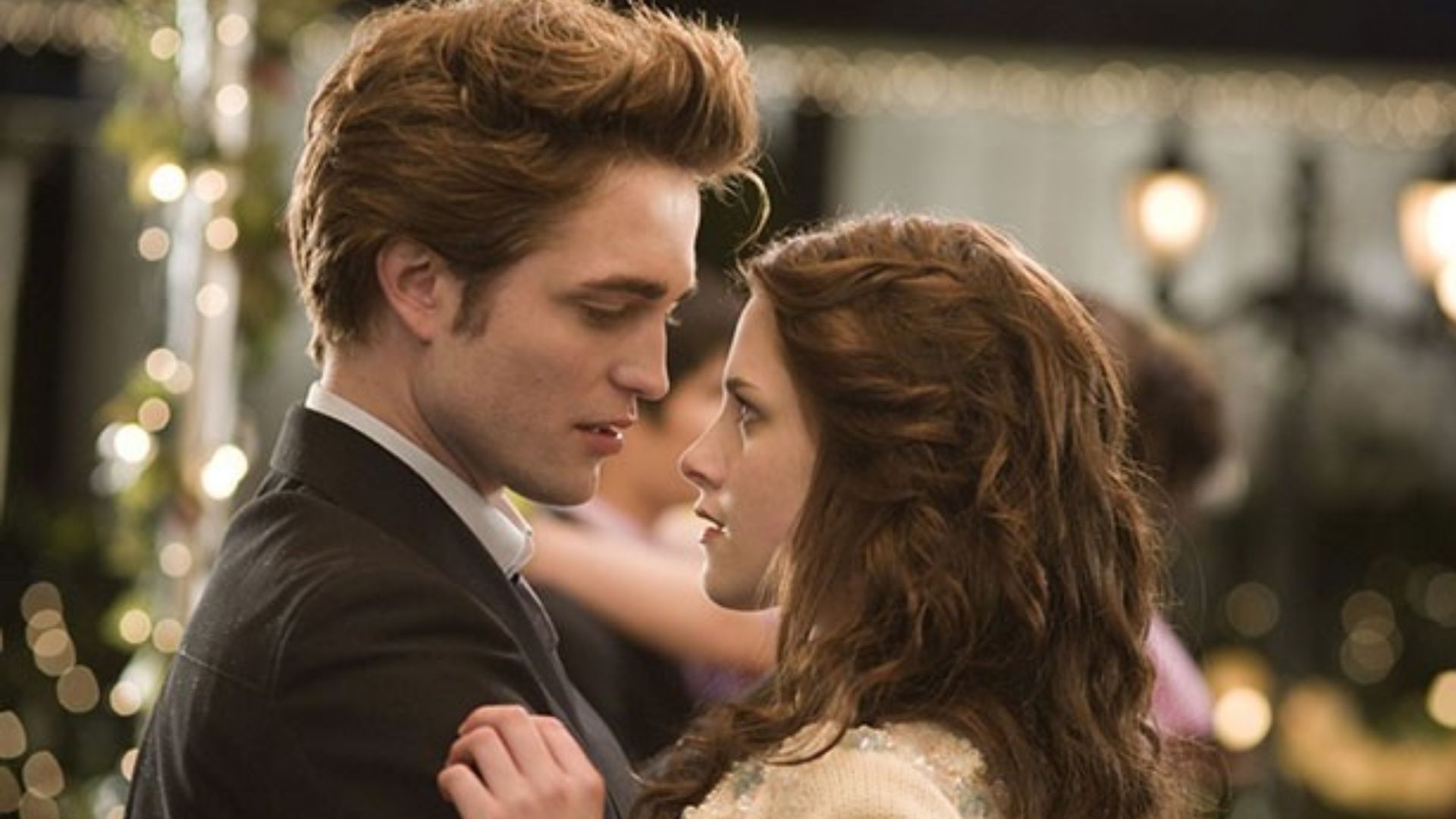
Twilight
Stephenie Meyer’s swoony vampire romance became a cultural tidal wave; the first film became a cinematic shrug with great cheekbones. Twilight nails the Pacific Northwest gloom and cafeteria glances, but it stumbles into accidental camp every time someone says “spider monkey.” The dialogue is meme fuel, the effects are Hot Topic screensaver, and the central love story plays like two statues trying to flirt.
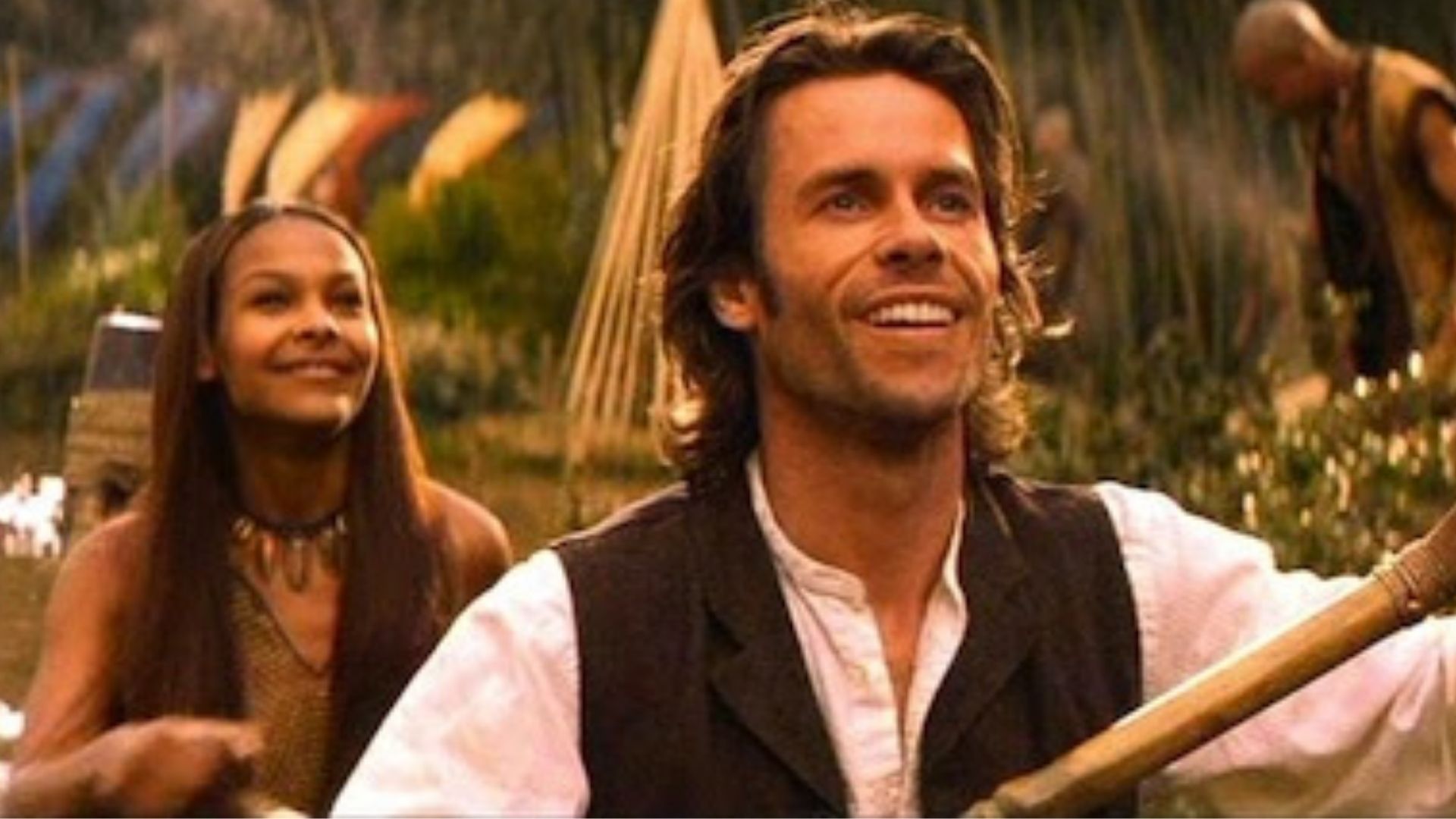
The Time Machine
H.G. Wells gave us a lean, prickly thought experiment about class, evolution, and hubris. The 2002 film gives us… bullet-time Morlocks. The Time Machine slaps on a tragic backstory and a romance hook, then sprints through future epochs like a greatest-hits montage, mistaking CGI set pieces for ideas. Guy Pearce is game, but the script trades the novella’s unsettling social critique for chase scenes and a Big Bad with villain monologues.
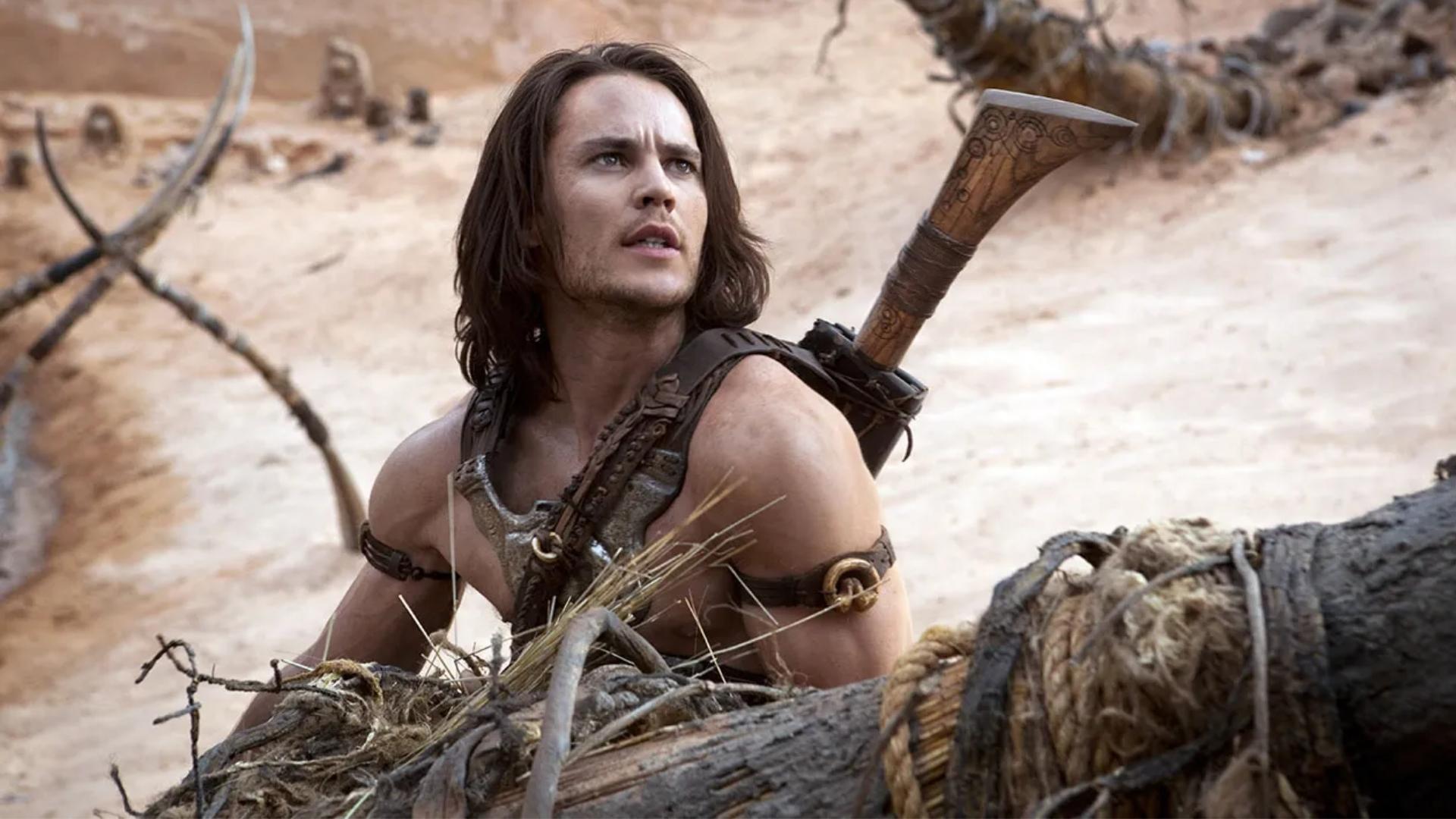
John Carter
Edgar Rice Burroughs practically invented pulp sci-fi swagger, but John Carter arrived like a relic that had missed every memo since Star Wars. The movie hurls a brooding ex-Confederate onto Mars, then buries him under lore dumps, beige deserts, and CG creatures that look weirdly weightless. It wants to be an old-school swashbuckler, yet it keeps tripping over its own self-seriousness.
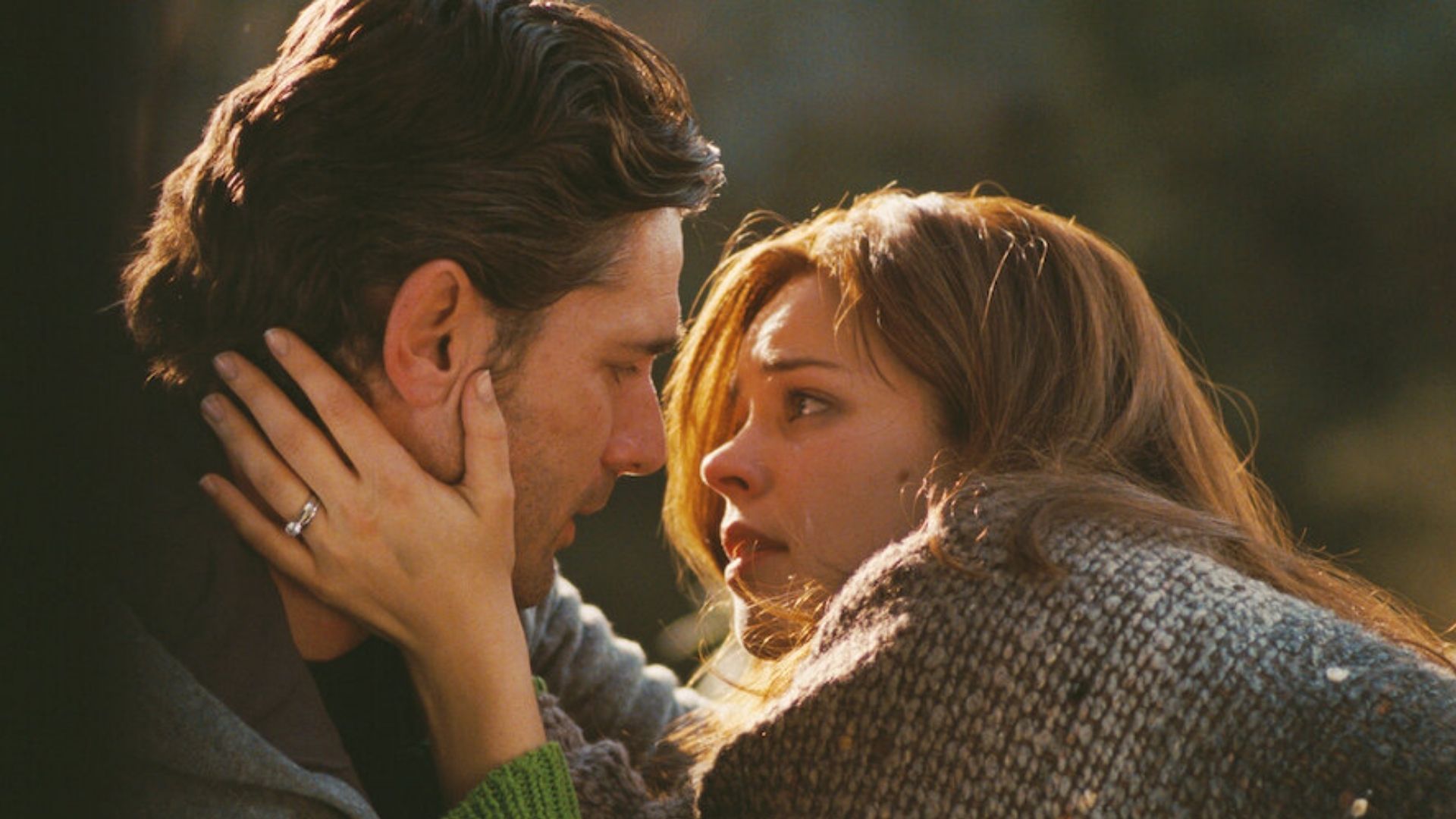
The Time Traveler’s Wife
Audrey Niffenegger’s book broke hearts with its bittersweet exploration of love across time. The movie broke patience instead. The Time Traveler’s Wife took a complex, nonlinear love story and turned it into a generic romantic drama where time travel was more inconvenience than tragedy. Henry and Clare’s emotional depth evaporated, and the film avoided the book’s darker moments entirely.
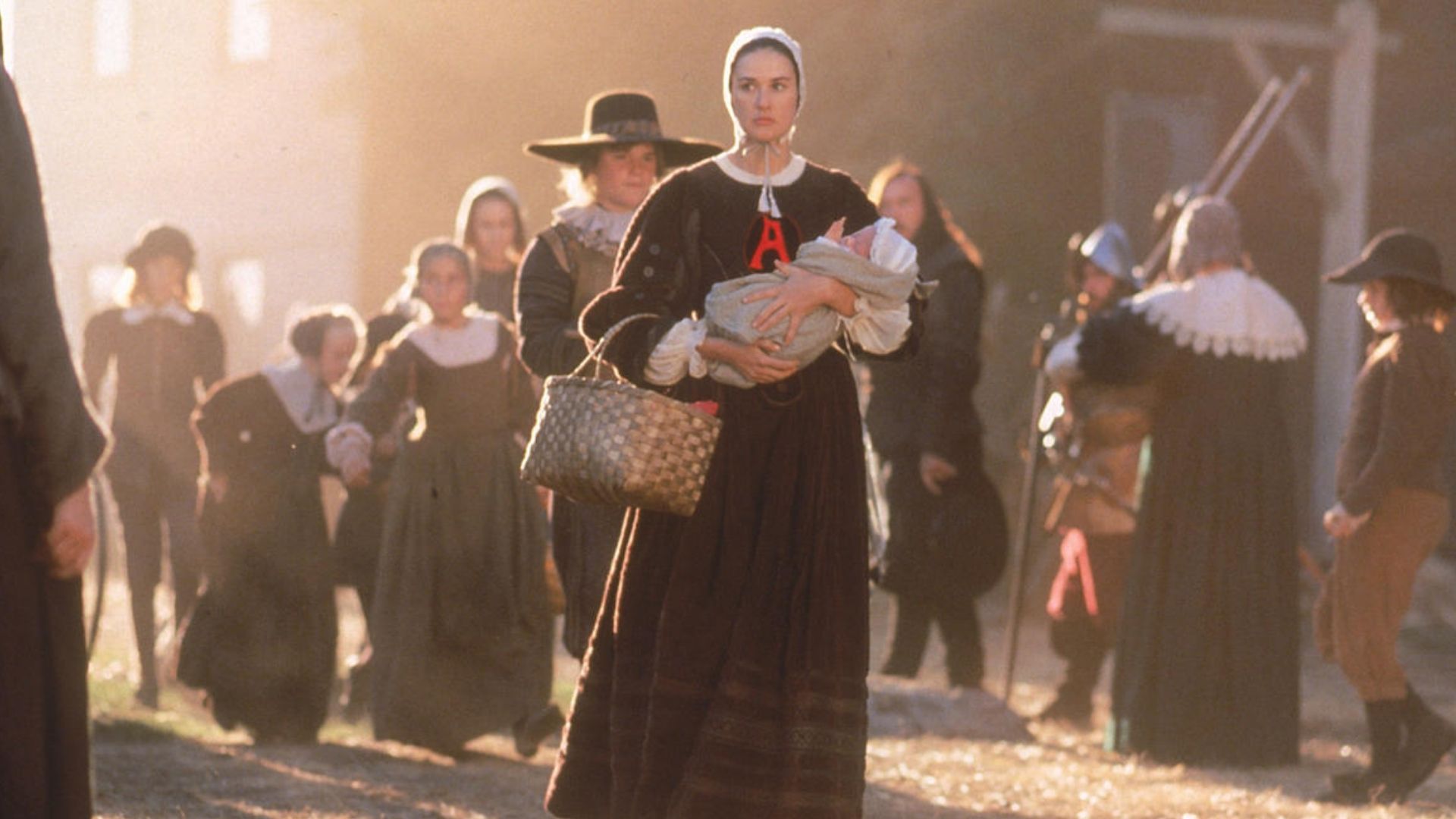
The Scarlet Letter
Nathaniel Hawthorne’s somber tale of guilt and sin got the Hollywood treatment — which, naturally, meant adding a steamy love story and a happy ending. Because nothing says Puritan repression like Demi Moore on horseback escaping into the sunset. The Scarlet Letter (1995) ignored the book’s moral complexity and went full melodrama. The solemn tone became soap opera, the characters became clichés, and the message was lost somewhere between the passion and the plot armor.
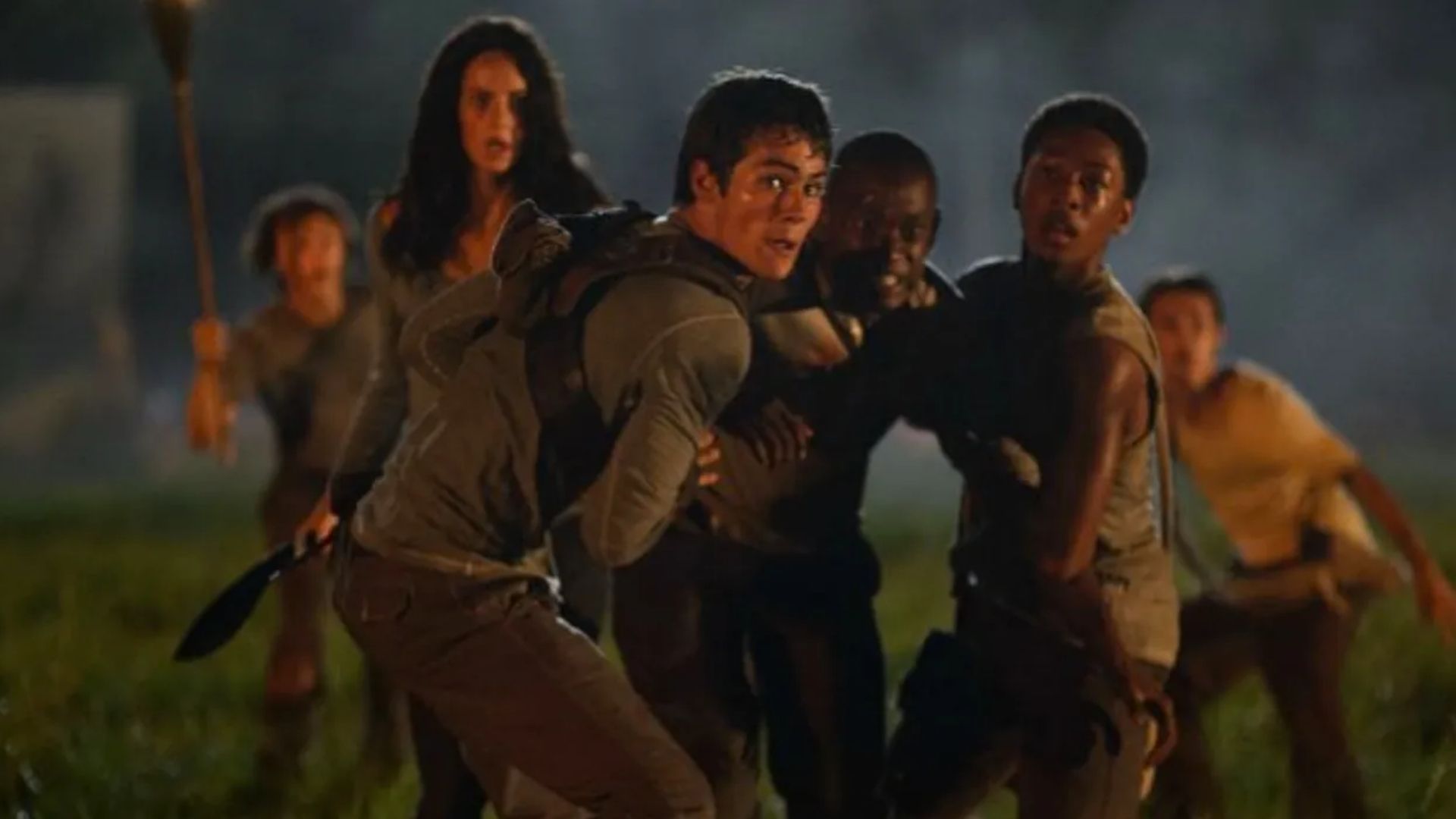
The Maze Runner
James Dashner’s The Maze Runner was tense, mysterious, and soaked in dread. The movie added noise and lost nuance. By revealing too much too soon, it stripped away the book’s creeping suspense. The Glade felt less like a mystery and more like a movie set with running teens and shaky cam. Thomas’s journey went from psychological puzzle to generic action hero arc. Sure, it spawned sequels, but they only ran further from what made the story special. Somewhere, the real Maze got lost in translation.
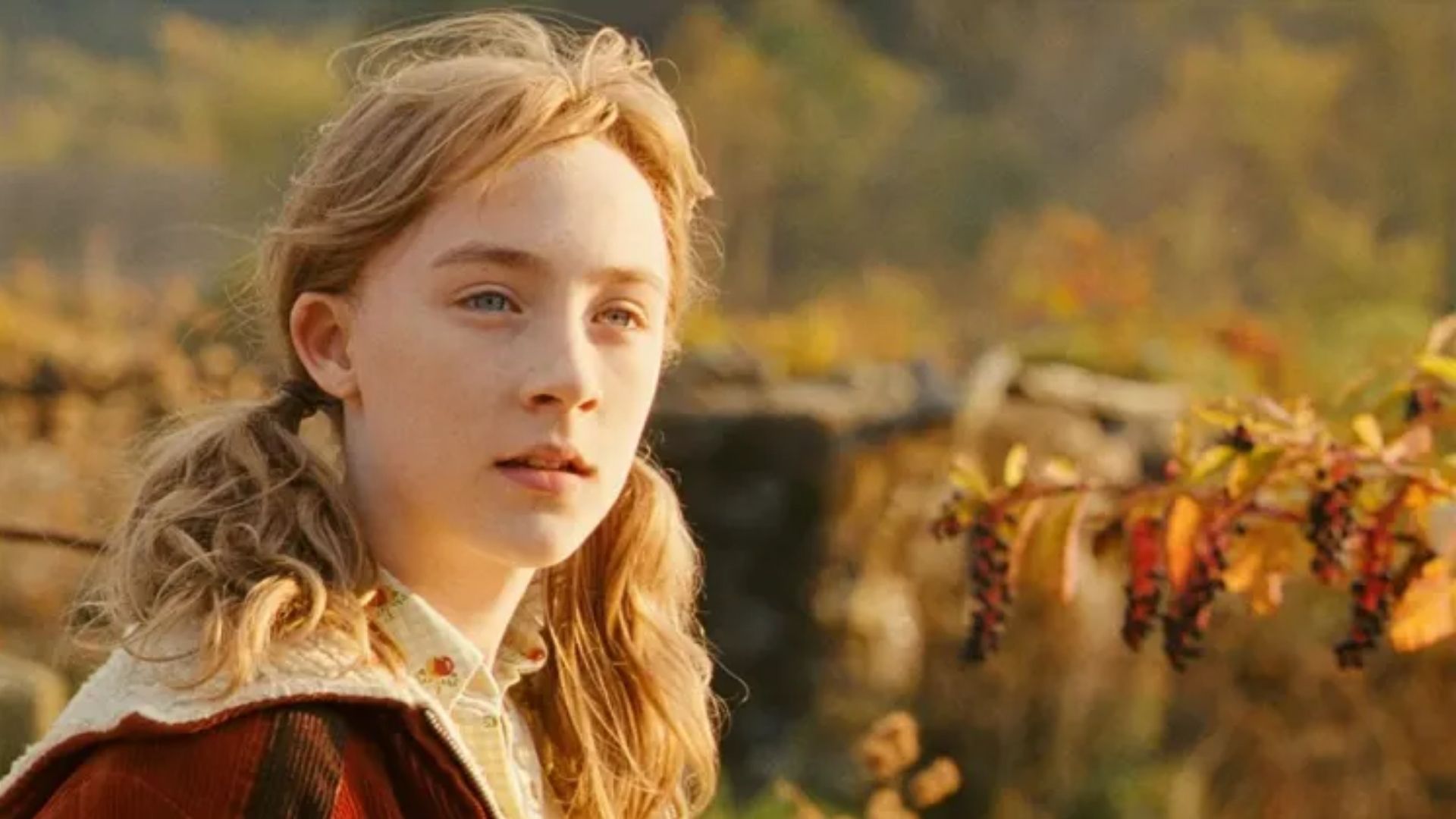
The Lovely Bones
Alice Sebold’s The Lovely Bones walked the line between heartbreak and hope. The movie decided to trip over it with over-the-top CGI. Instead of the book’s poignant grief, we got a fantasy sequence explosion that looked like a Windows screensaver. The quiet pain of Susie’s family took a backseat to visual effects and thriller beats. The film tried to mix beauty with suspense, and ended up doing neither well.
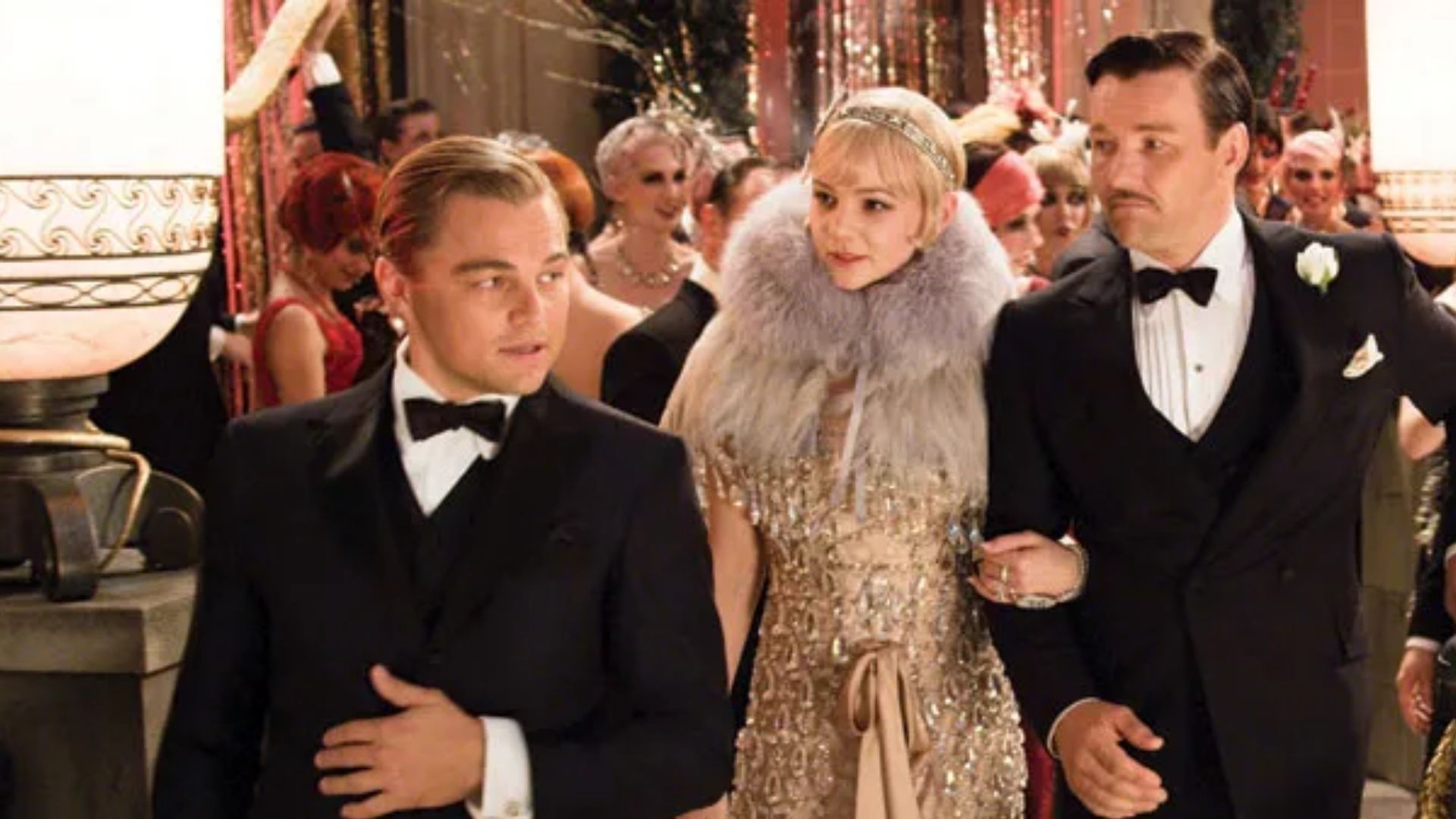
The Great Gatsby
Baz Luhrmann’s The Great Gatsby looked like a million-dollar Instagram filter; all glitter, no grit. F. Scott Fitzgerald’s tragic critique of excess became an actual party, complete with Jay-Z tracks and confetti. DiCaprio gave Gatsby his charm, but the movie missed the novel’s quiet sadness. The longing, the loss, the illusion, buried under CGI champagne bubbles. It was gorgeous, sure, but Fitzgerald’s world was never supposed to feel this glamorous.
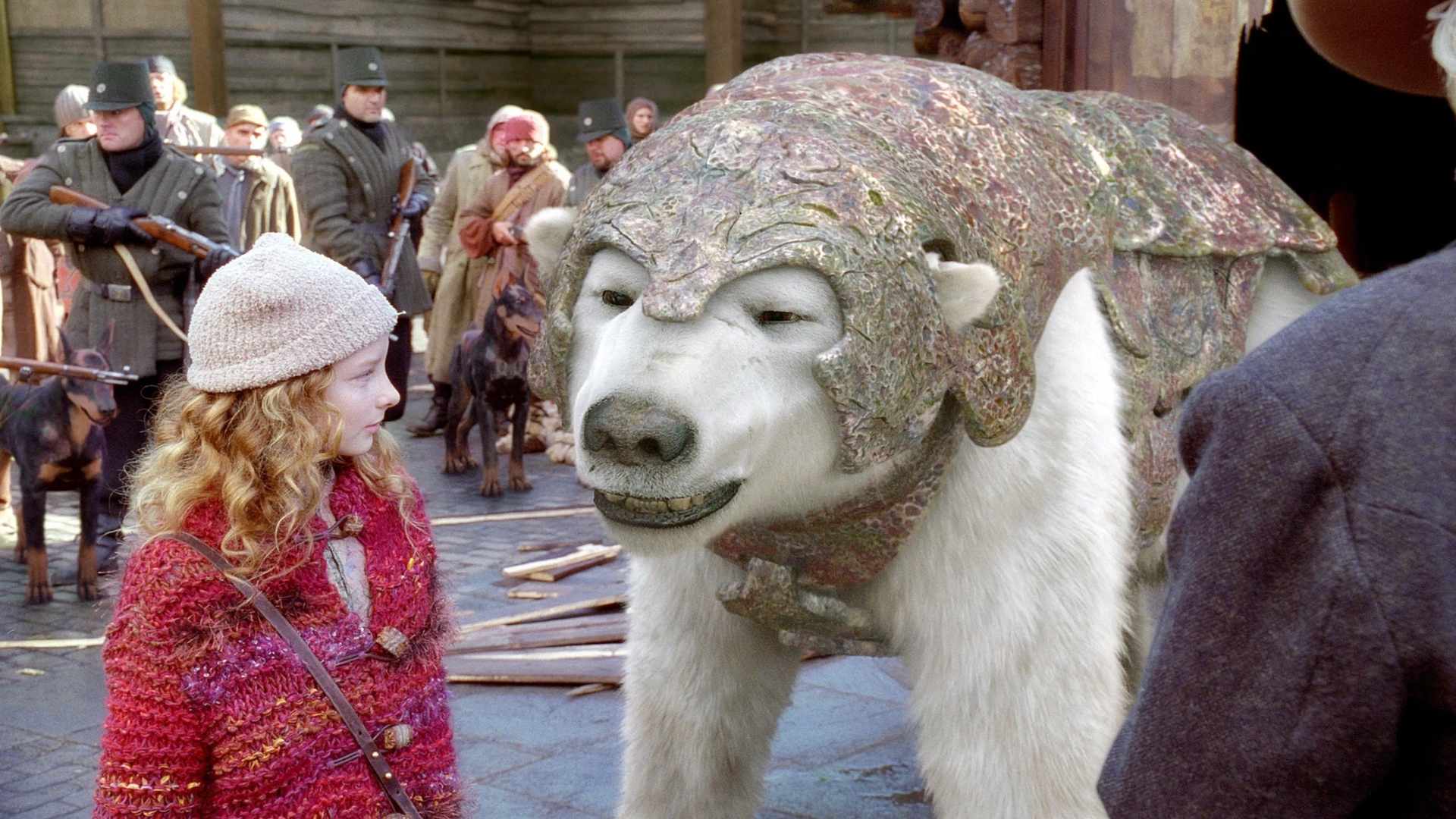
The Golden Compass
Philip Pullman’s His Dark Materials is a rich, layered fantasy about free will, faith, and growing up, so naturally, Hollywood stripped all that out and turned it into a glossy, hollow adventure. The Golden Compass chopped off the book’s gut-punch ending and watered down its religious critique until it was as edgy as a teacup. The result was a film that looked expensive but felt empty. Lyra lost her spark, the daemons turned into soulless CGI pets, and the pacing sprinted like it was late for a sequel that never came.
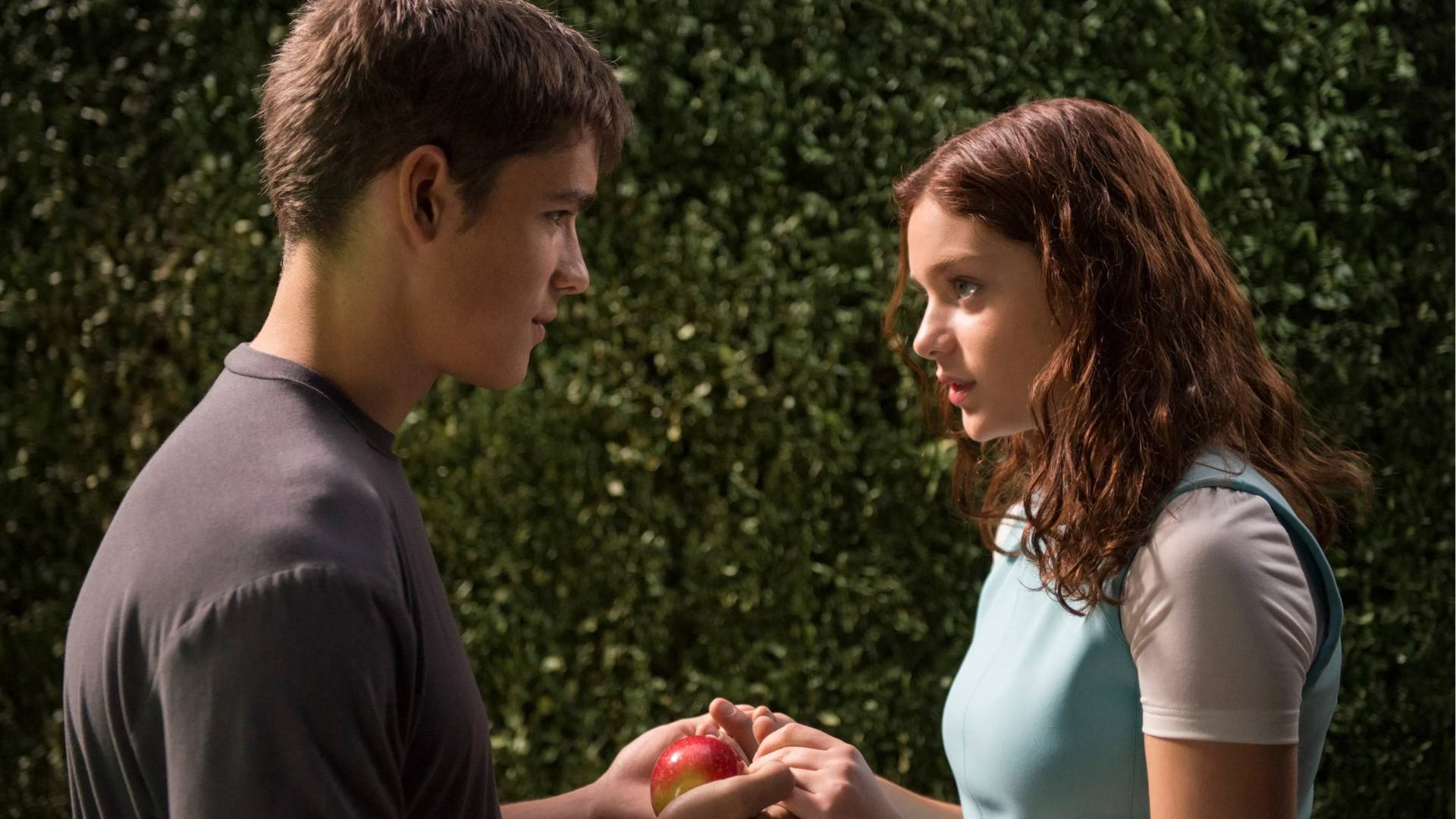
The Giver
Lois Lowry’s The Giver was haunting so of course Hollywood thought it needed chase scenes and teen romance. The subtle exploration of memory and choice got replaced with dramatic speeches and hovercraft action. Jonas and The Giver went from deep thinkers to dystopian action buddies, and the once-poignant finale got simplified beyond recognition.
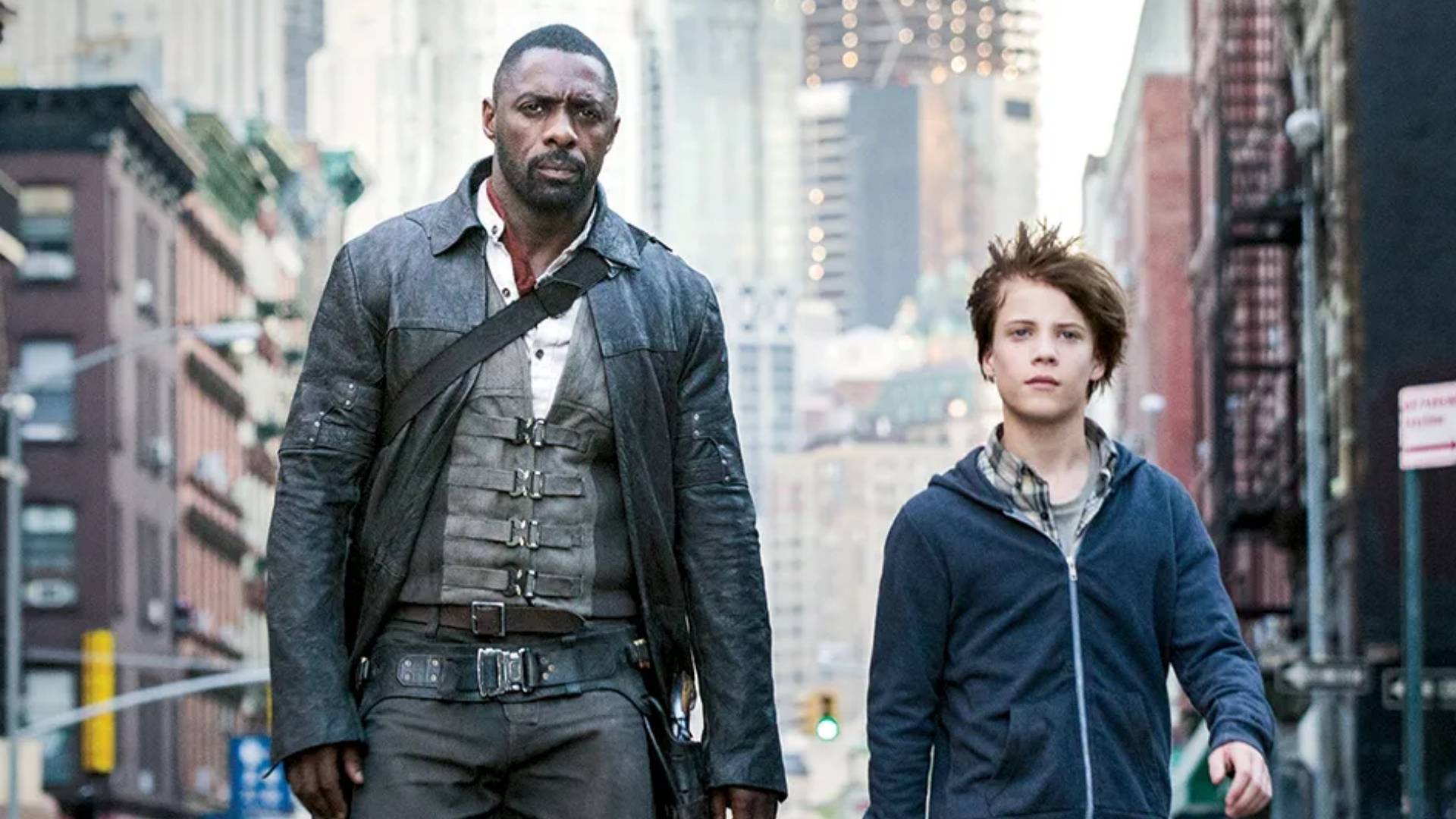
The Dark Tower
Stephen King’s The Dark Tower is an eight-book, genre-bending odyssey, so, naturally, Hollywood thought they could squeeze it into 95 minutes. But the movie cherry-picked random elements from across the series, mashed them into a basic “good vs. evil” plot, and stripped away everything weird and wonderful. Idris Elba did his best, but even he couldn’t save Roland’s empty quest.
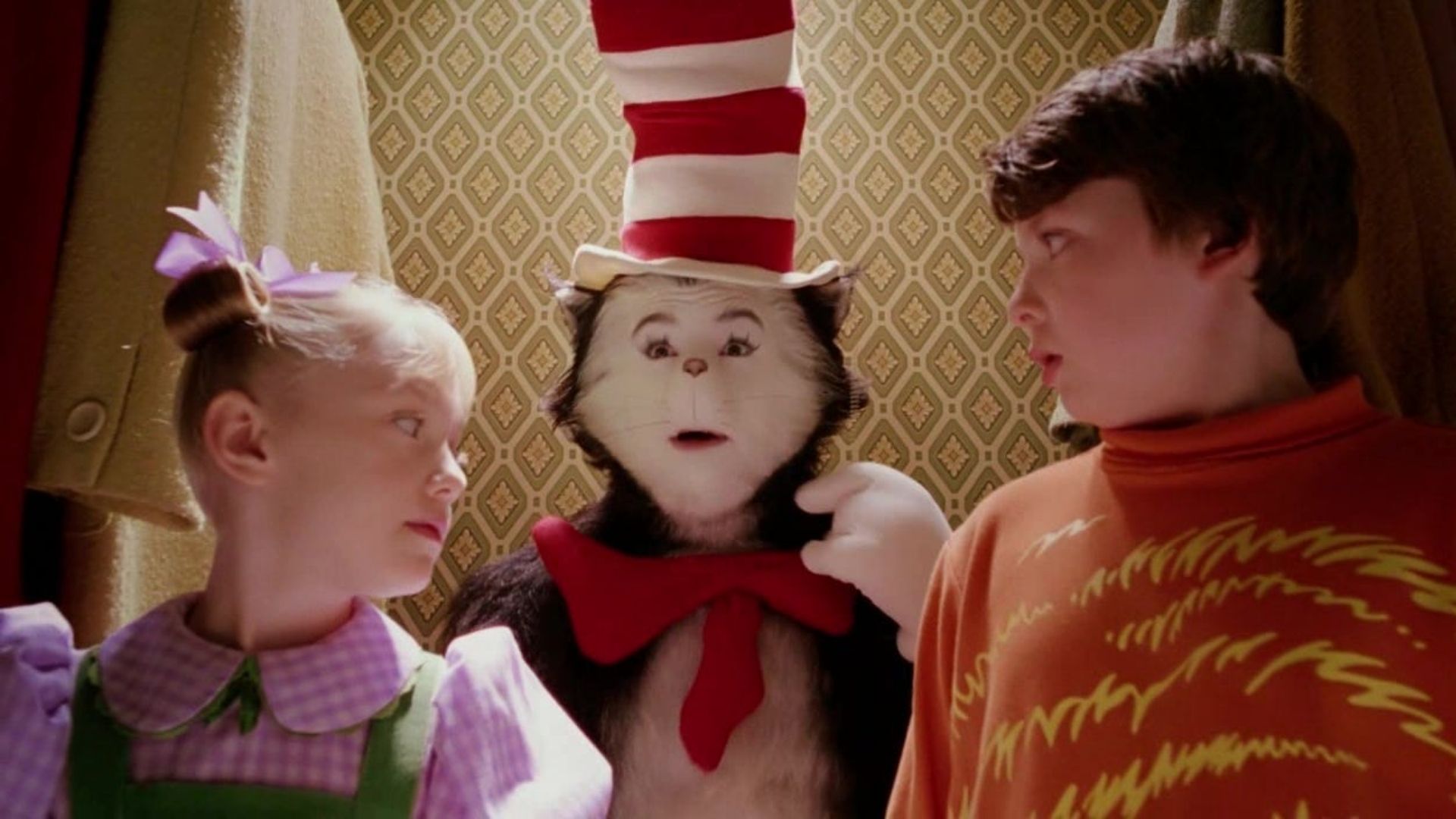
The Cat in the Hat
Dr. Seuss’ mischievous feline should’ve been a whimsical delight. Instead, we got Mike Myers in a nightmare of latex, crude jokes, and neon chaos. The Cat in the Hat (2003) managed to turn a 10-minute children’s story into a 90-minute fever dream that terrified more kids than it entertained. Adult humor, toilet gags, and bizarre subplots made it feel like a parody of itself.
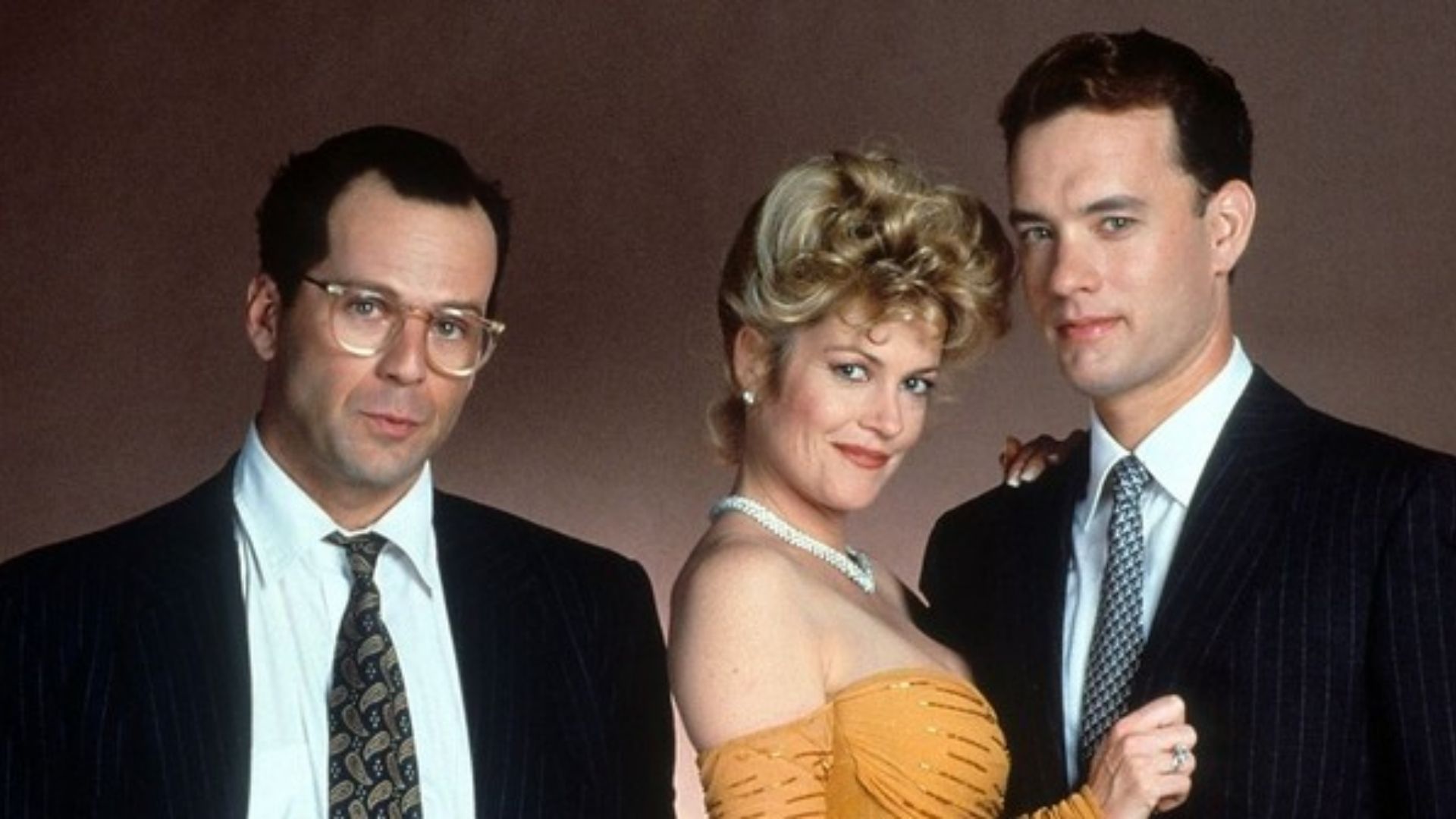
The Bonfire of the Vanities
Tom Wolfe’s razor-sharp satire of greed and privilege in 1980s New York turned into a tone-deaf comedy. The Bonfire of the Vanities miscast nearly everyone, dulled the dark humor, and replaced social critique with slapstick. What should’ve been biting became baffling. Sherman McCoy went from symbol of moral decay to a likable everyman, missing the entire point.
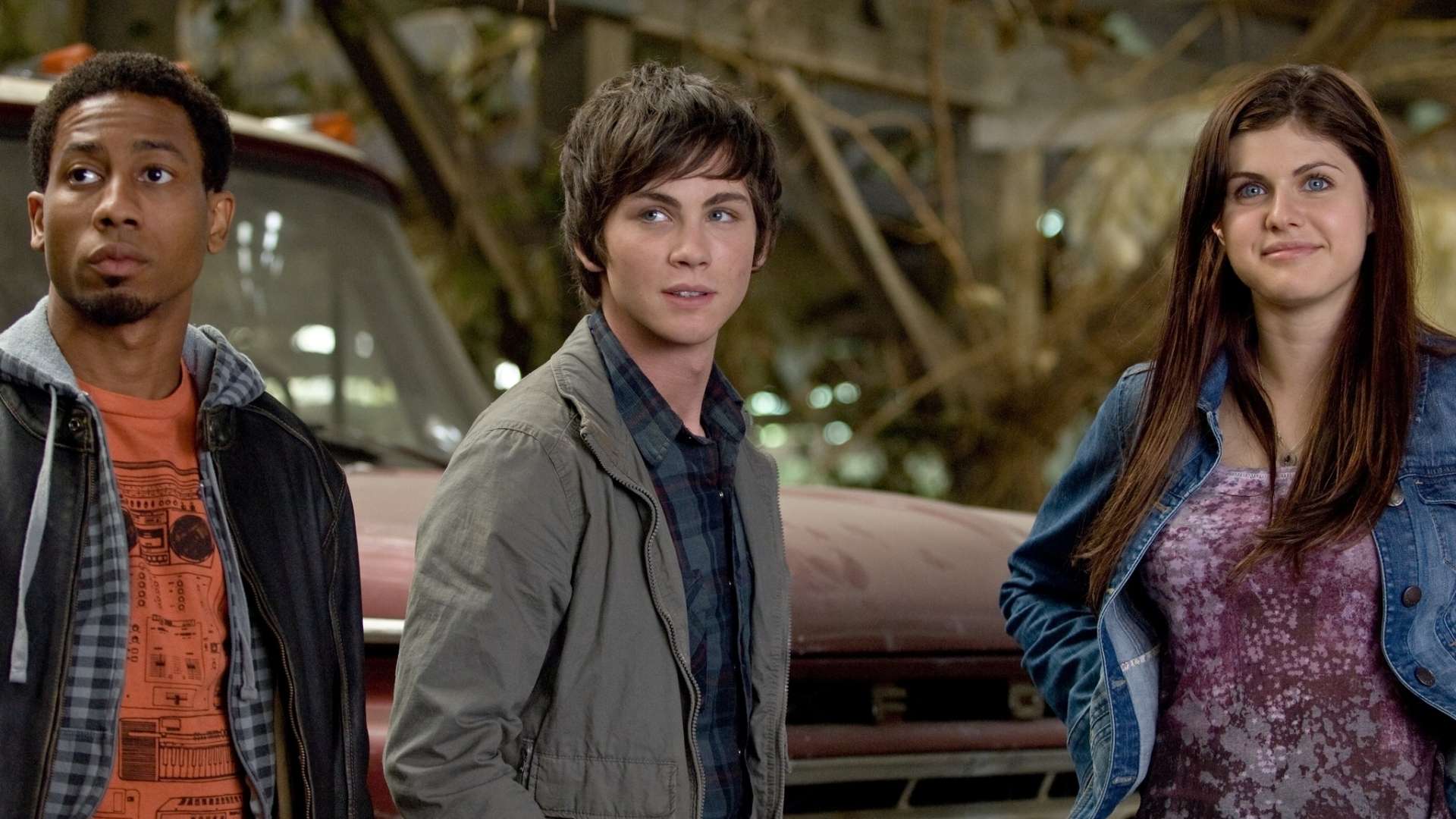
Percy Jackson & The Olympians: The Lightning Thief
Rick Riordan gave us a snappy, witty mythological romp with teen heroes and actual stakes. The movie gave us a generic YA fantasy with older kids and zero spark. By skipping the Oracle’s prophecy and cramming plot points together, The Lightning Thief lost everything that made Camp Half-Blood iconic. Percy, Annabeth, and Grover became cardboard cutouts, and the humor vanished faster than a demigod on a bad quest.
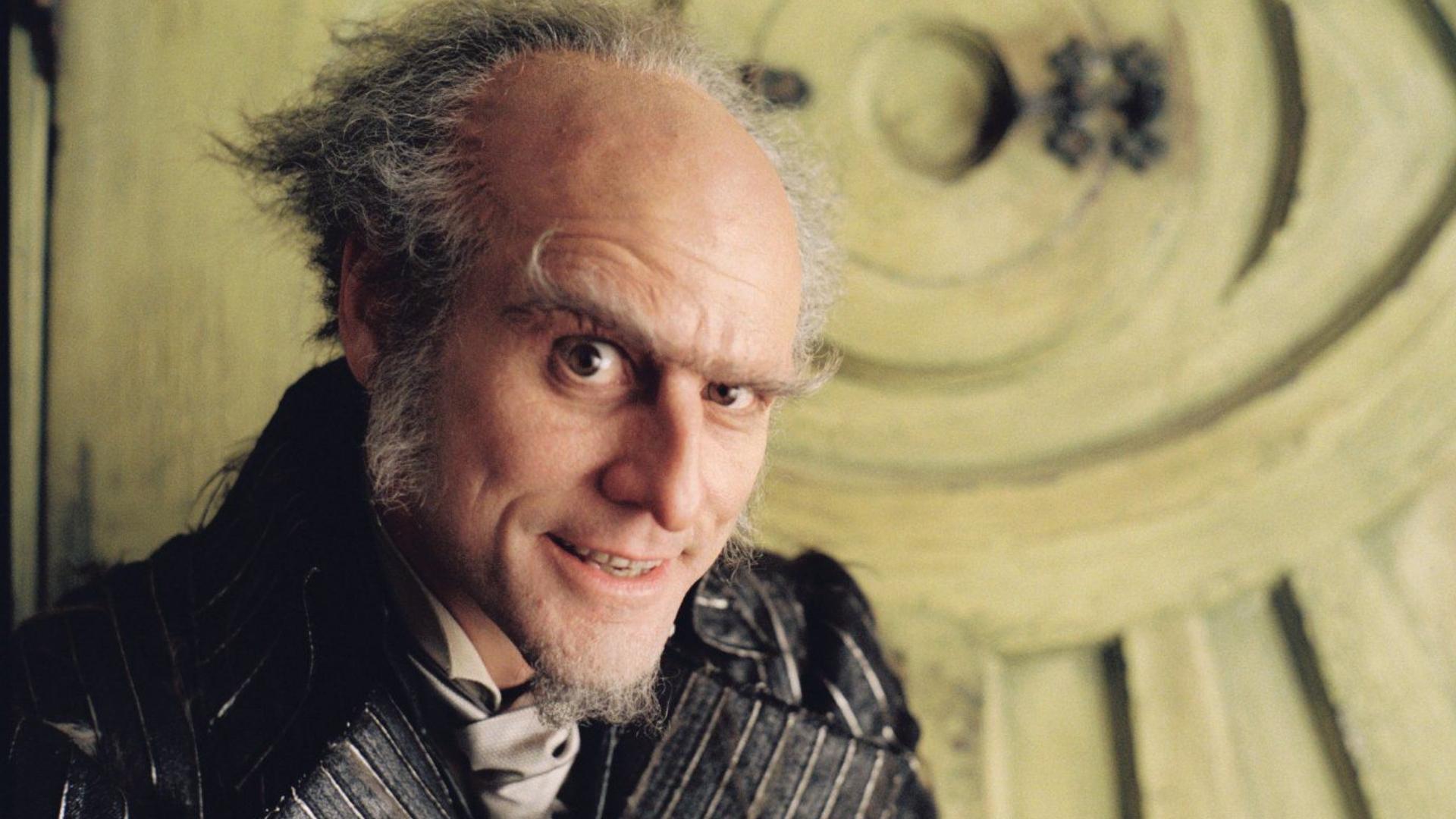
Lemony Snicket’s A Series of Unfortunate Events
Lemony Snicket’s darkly hilarious series thrived on clever wordplay and grim absurdity, all of which got lost in translation. By shoving three books into one movie, A Series of Unfortunate Events flattened the Baudelaire siblings’ journey into a fast-forwarded highlight reel. Jim Carrey’s Count Olaf was more slapstick than sinister, and the tone wobbled between creepy and cartoonish.
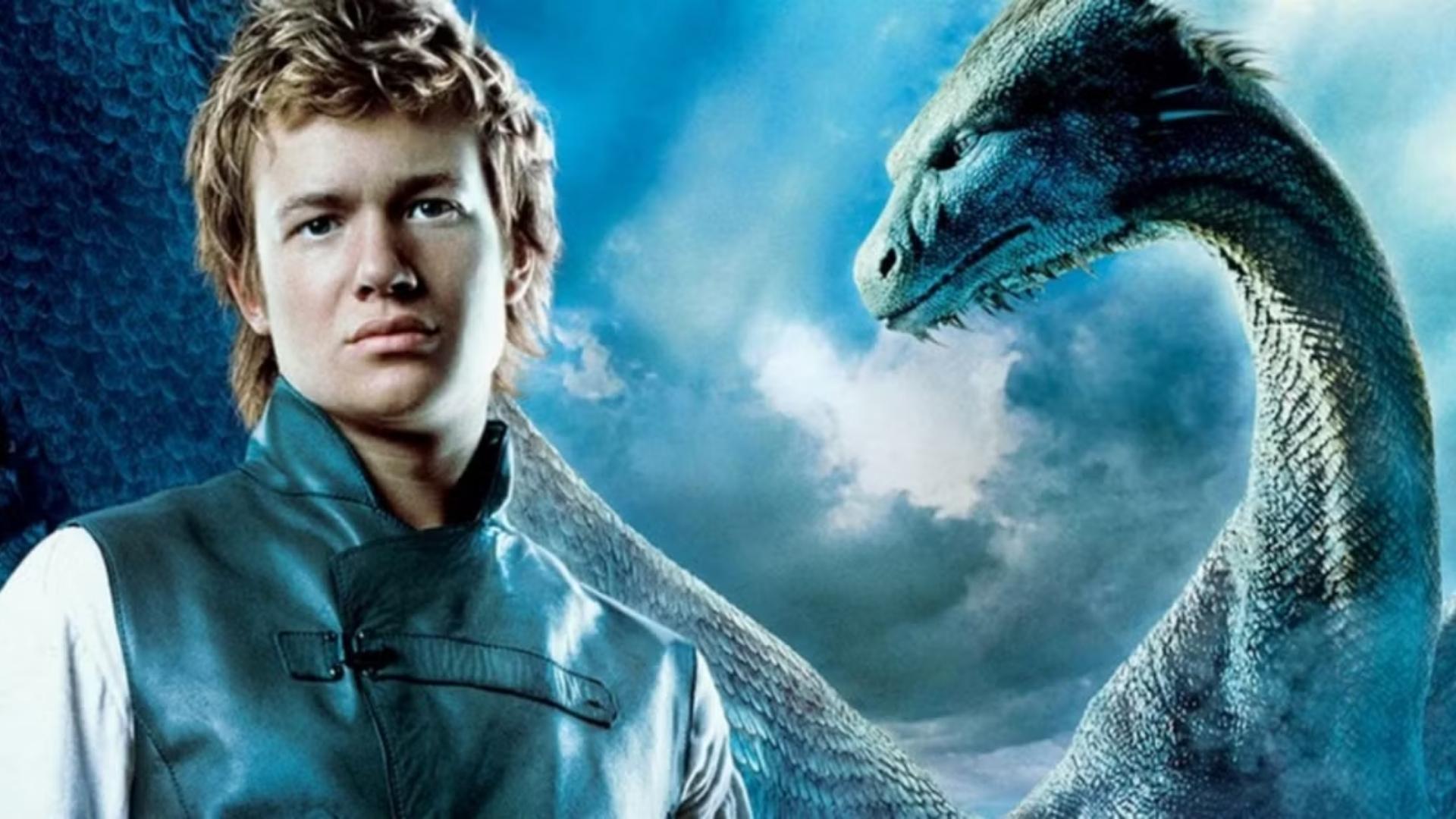
Eragon
Christopher Paolini’s dragon epic was packed with lore, world-building, and heart. The movie… not so much. Eragon was the kind of adaptation that felt like it was made by someone who skimmed the book’s Wikipedia page. Key characters like Oromis was gone. The pacing was chaotic. The dragon Saphira was more like a talking screensaver. What could’ve been the next big fantasy saga turned into a lifeless, cliché-ridden mess. Even Jeremy Irons couldn’t save it.
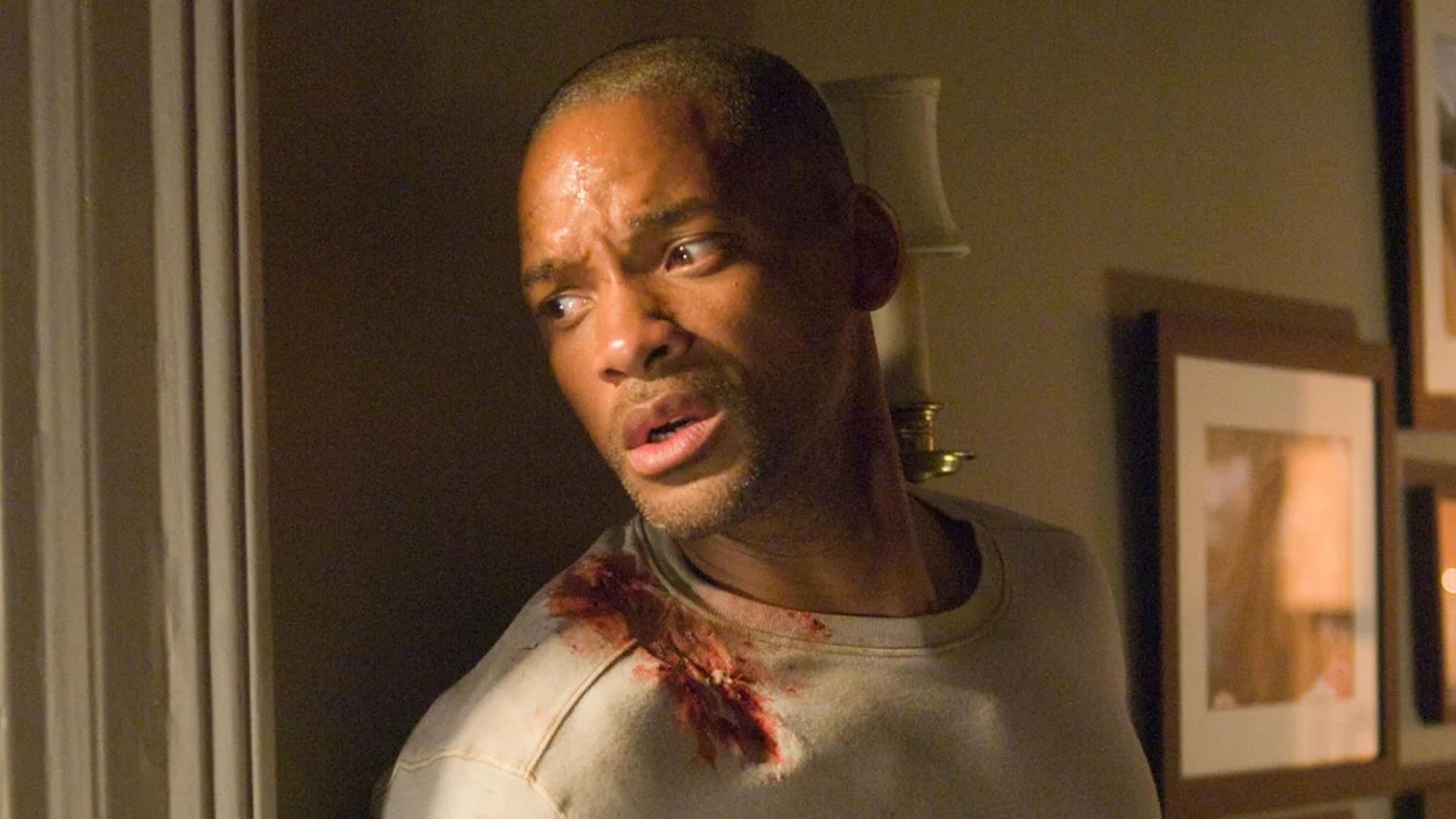
I Am Legend
Richard Matheson’s I Am Legend was a haunting reflection on loneliness and what it means to be human. The movie, though, decided we’d prefer Will Smith shooting at mutants. Gone was the devastating twist that redefined who the “monster” really was. Instead, we got a big-budget action flick with jump scares and a heroic sacrifice. Even an alternate ending closer to the book couldn’t save it from feeling hollow.
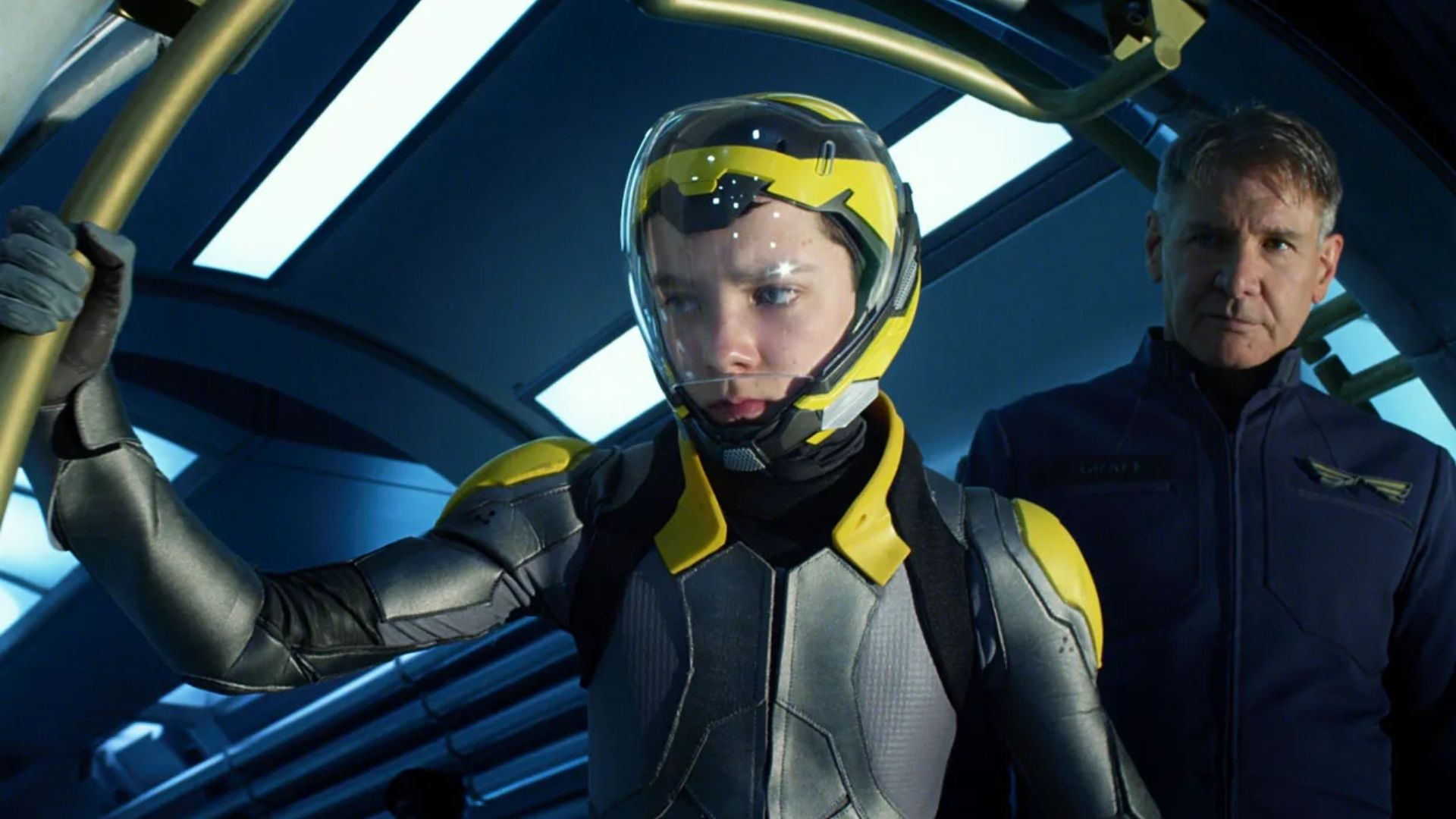
Ender’s Game
Orson Scott Card’s sci-fi classic made readers question morality, leadership, and manipulation. The movie made them question why they bought tickets. Ender’s Game rushed through Ender’s psychological journey like it was a video game tutorial. The moral gray areas, gone. The political intrigue with his siblings, deleted.
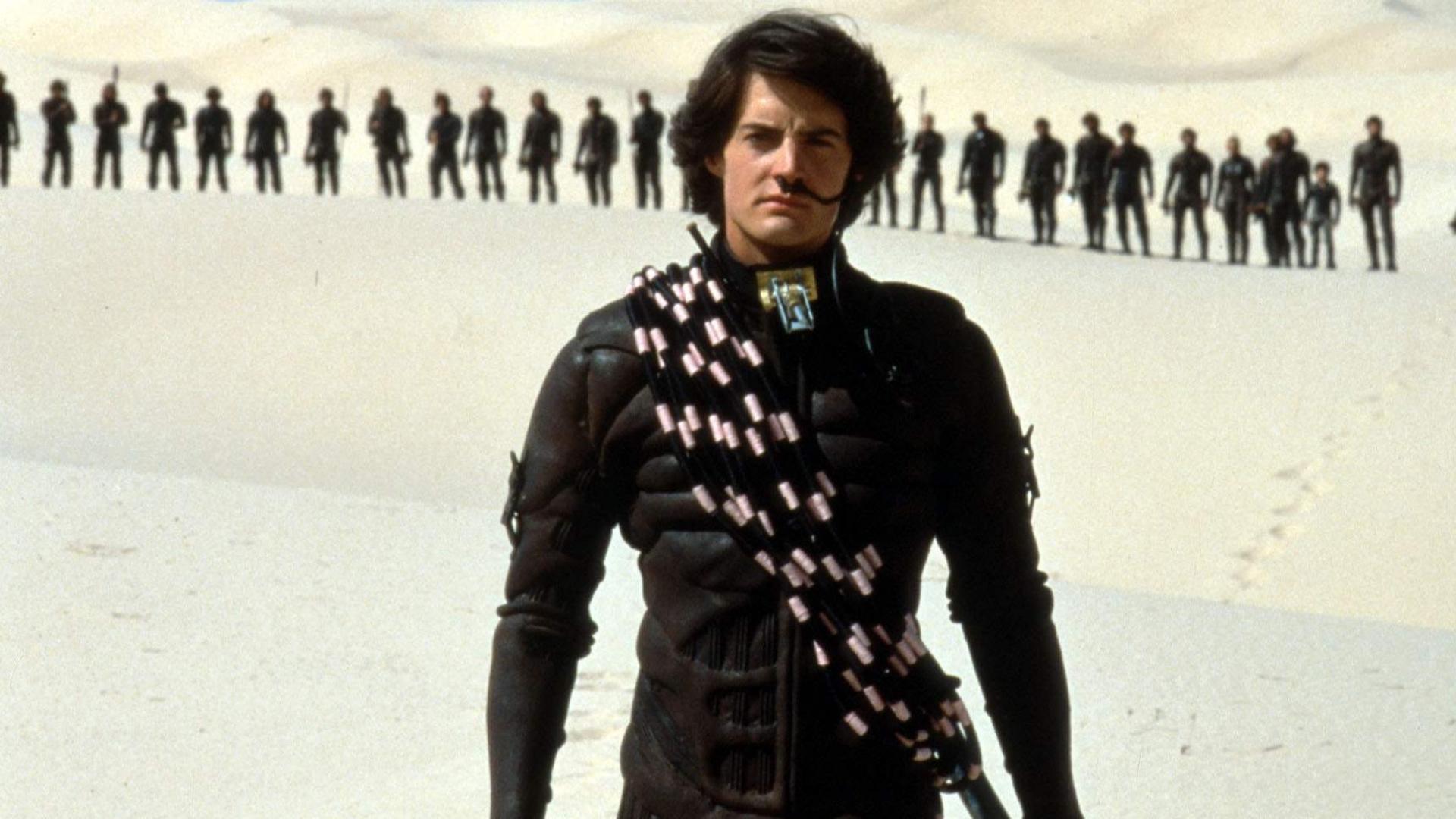
Dune
Frank Herbert’s Dune was an intricate sci-fi masterpiece; part political thriller, part philosophical saga. Then came David Lynch’s 1984 version, which somehow made spice feel bland. Trying to cram an epic into one film turned it into a fever dream of confusing narration, stiff performances, and dialogue that sounded like it came from a sandworm’s diary. Paul Atreides, one of literature’s most layered heroes, became flat as Arrakis itself.
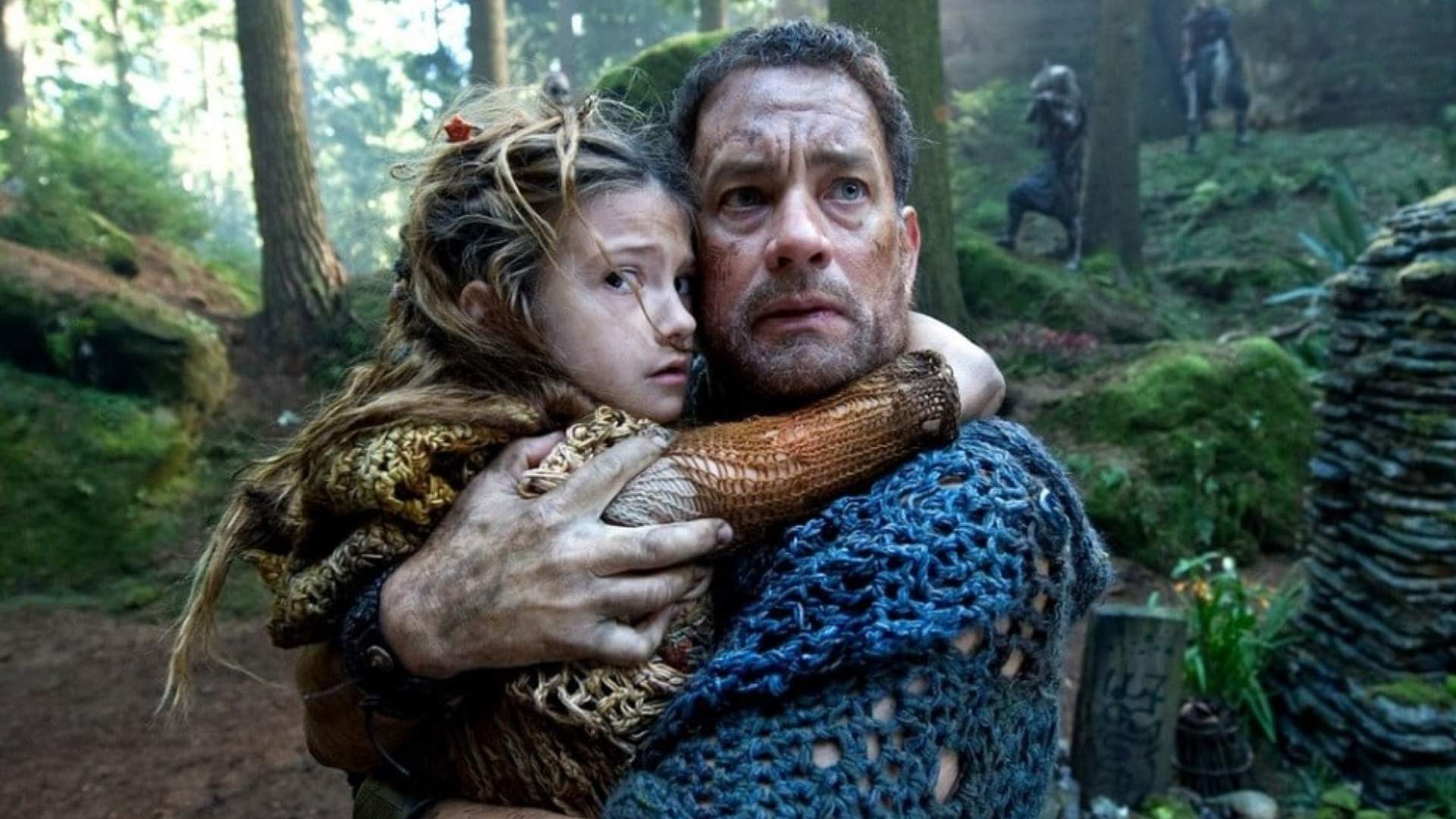
Cloud Atlas
David Mitchell’s Cloud Atlas was ambitious; six stories woven across centuries to show the ripple of human choices. The movie tried to match that ambition… and fell into chaos. At nearly three hours long, it still couldn’t capture the book’s rhythm. Jumping between timelines and lifetimes, it left viewers dazed instead of dazzled. The idea of actors playing multiple roles was clever, until it wasn’t.
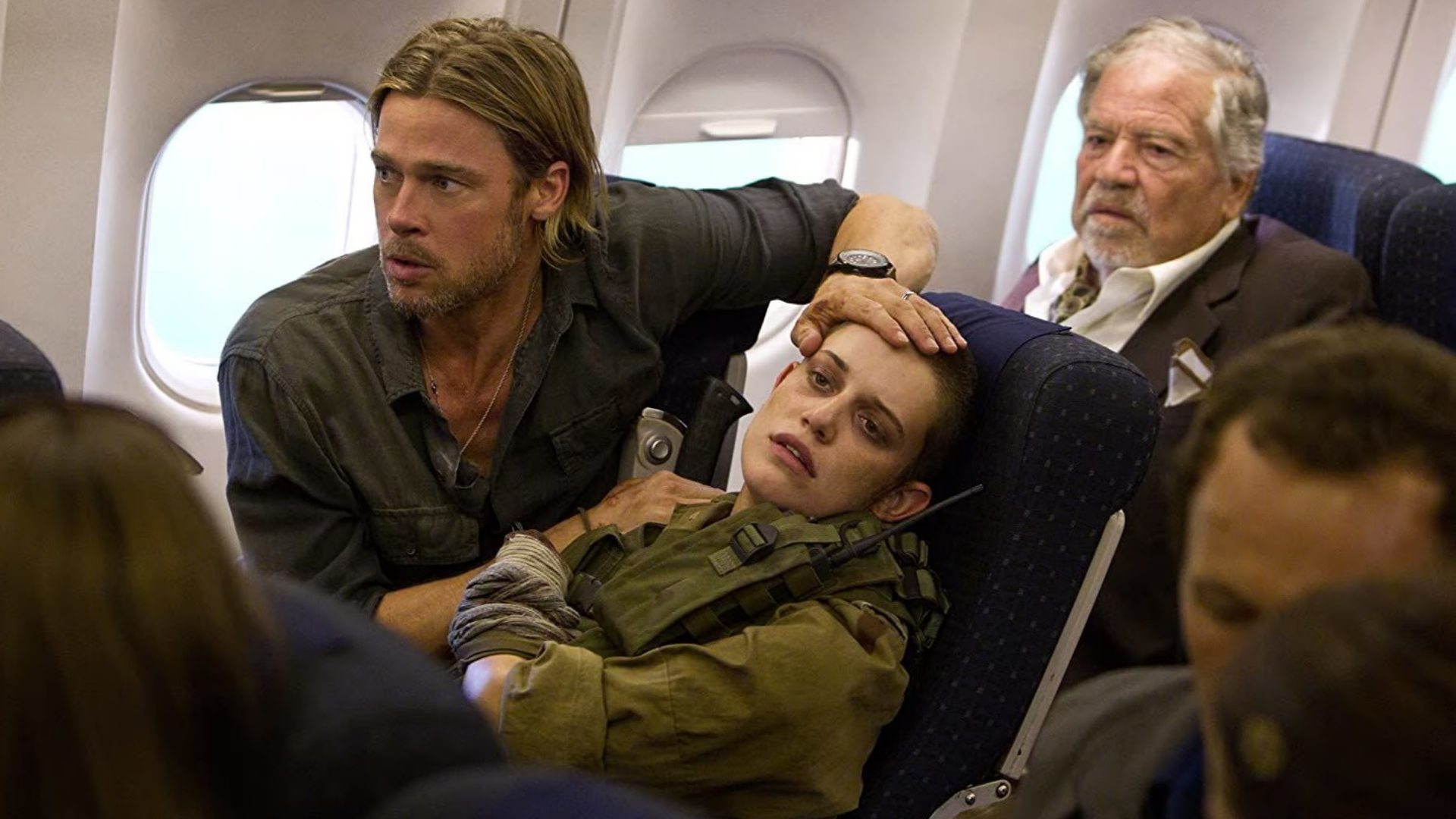
World War Z
Max Brooks wrote World War Z as an oral history of humanity’s survival; a smart, global take on zombies. The movie was all about Brad Pitt vs. Fast Zombies: The Blockbuster. Gone were the layered perspectives and; in came a single action hero saving the world with plane crashes and Pepsi product placement. The Battle of Yonkers was missing. The haunting realism was replaced by CGI swarms. Sure, it made money, but for book fans, it was like watching a documentary turned into a video game cutscene.

